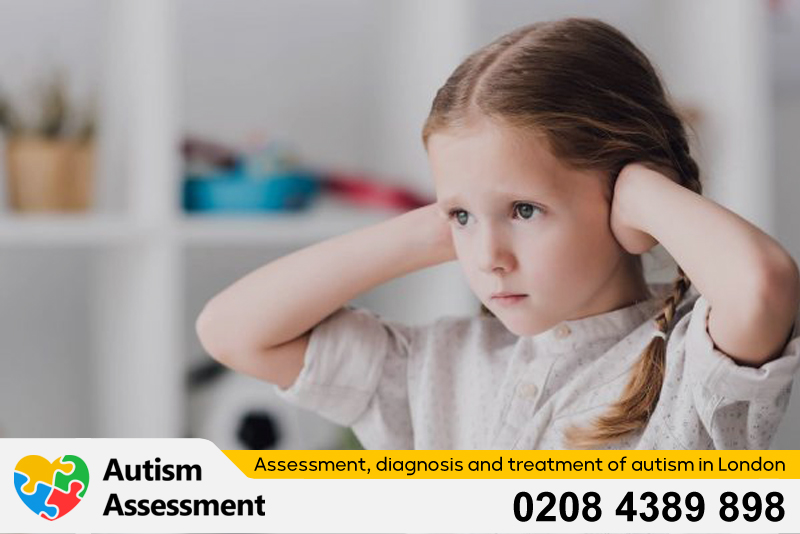Understanding the Hereditary Factors of Autism Spectrum Disorder
Autism Spectrum Disorder (ASD) is a complex developmental condition that involves persistent challenges in social interaction, speech and nonverbal communication, and restricted/repetitive behaviors. The effects of ASD and the severity of symptoms are different in each person. One of the most pressing questions for many families affected by ASD is whether autism is hereditary.
The short answer is that autism does have a genetic component; however, it is not as straightforward as some other hereditary conditions. According to the Mayo Clinic, some genetic mutations associated with autism appear to be inherited, while others occur spontaneously. This suggests that while a family history of autism increases the risk, it is not a certainty that ASD will be passed on.
The Centers for Disease Control and Prevention (CDC) also highlight the importance of family health history in understanding the risk of ASD. If someone in your family has ASD, you may be more likely to have a child with ASD. This is particularly significant if there are multiple family members affected by ASD or related conditions.
Moreover, certain genetic disorders are associated with a higher risk of ASD. Conditions such as fragile X syndrome, tuberous sclerosis, and Down syndrome are known to increase the likelihood of an ASD diagnosis. The National Autistic Society points out that while autism is likely to have multiple genes responsible rather than a single gene, the exact causes of autism are still being researched.
It’s also important to consider environmental factors, which, alongside genetic factors, can contribute to the risk of ASD. These can include complications during pregnancy, parental age at the time of conception, and serious infections during gestation.
In conclusion, while there is a hereditary aspect to autism, it is influenced by a combination of genetic and environmental factors. Understanding these factors can be crucial for early diagnosis and intervention, which can significantly improve outcomes for individuals with ASD. If you have concerns about the possibility of ASD in your family, discussing your family health history with a medical professional can provide valuable insights and guidance.



